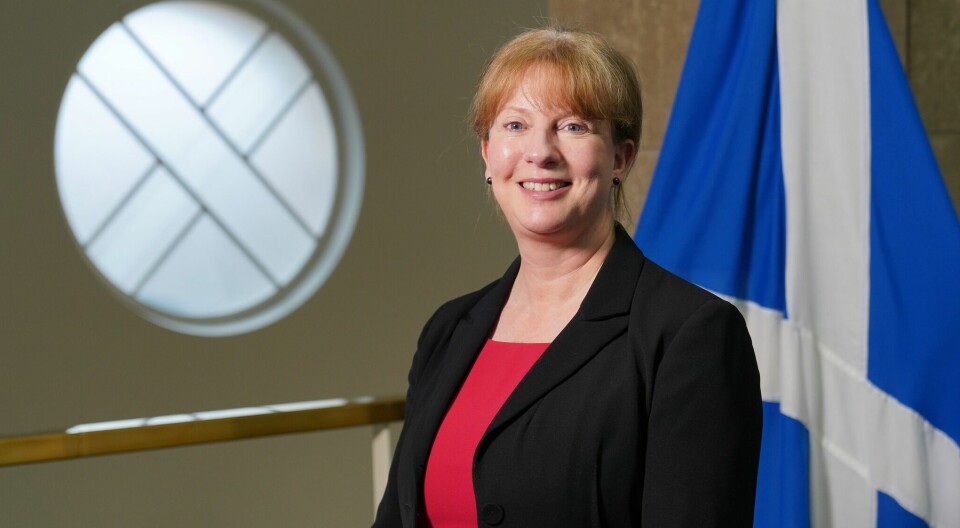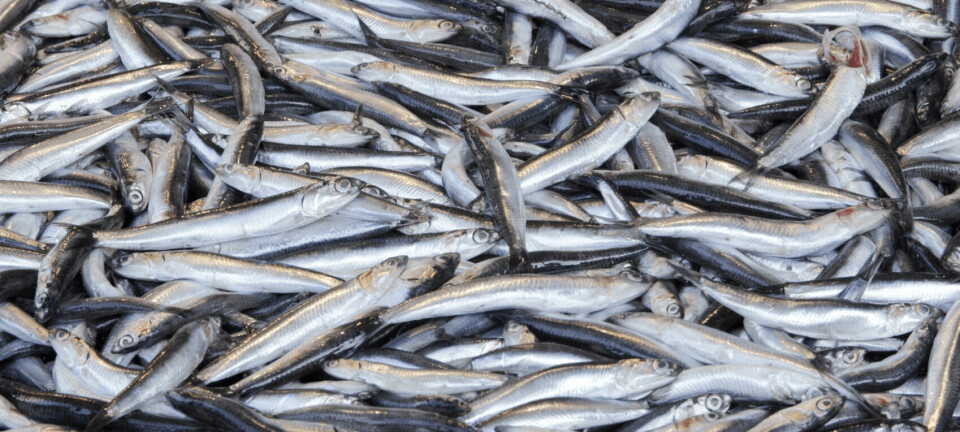
Salmon farmers join call to freeze Scottish business rates
Scotland’s salmon farmers have added their voices to a call for business rates to be frozen in the coming financial year.
Trade body Salmon Scotland is one of 35 organisations representing a broad cross section of Scottish industry and commerce who have asked the Scottish Government’s deputy first minister and finance secretary Shona Robison to peg the tax.
The request, organised by the Scottish Retail Consortium (SRC), comes ahead of the unveiling of the Scottish Government’s Budget on December 19, which is expected to set the business rate and associated reliefs and thresholds for the 2024-25 financial year.
The SRC said Scotland’s business rate is already at a 24-year high and a fifth higher than at the start of the previous decade. If increased in line with current consumer price index (CPI) inflation this could see ratepayers across Scotland face an extra £205 million on their rates bills from next spring. This would be at odds with the Scottish Government’s recently stated aim to use business rates to “boost business”.
The SRC recognises that, like businesses, the Scottish Government is facing its own costs and inflationary pressures and acknowledges work that has been done to improve the administration of the rates system.
Outlook is weak
But in a letter to Robison, it adds that after three and a half turbulent years of the Covid pandemic and costs crunch trading conditions remain challenging, the cost of doing business remains elevated, and the near-term economic outlook is weak.
“We therefore ask that Scottish Ministers prioritise a freeze in the headline business rate poundage – which is already at a 24-year high - in the coming financial year. This would aid firms with the costs crunch, help them keep down prices for customers, and support business investment and competitiveness,” writes the SRC in the letter, which is signed by Salmon Scotland chief executive Tavish Scott, among others.
Business rates are calculated by multiplying the rateable value of a property by a tax known as “poundage”. That tax is currently 49.8 pence for non-domestic properties with a rateable value up to £51,000; 51.1p for properties with a rateable value between £51,001 and £100,000; and 52.4p for properties with a rateable value above £100,000.
As well as increases in a variety of goods such as feed, salmon farmers have already been faced with increases in the costs of Crown Estate Scotland leases and higher charges from the Scottish Environment Protection Agency (SEPA).




















































